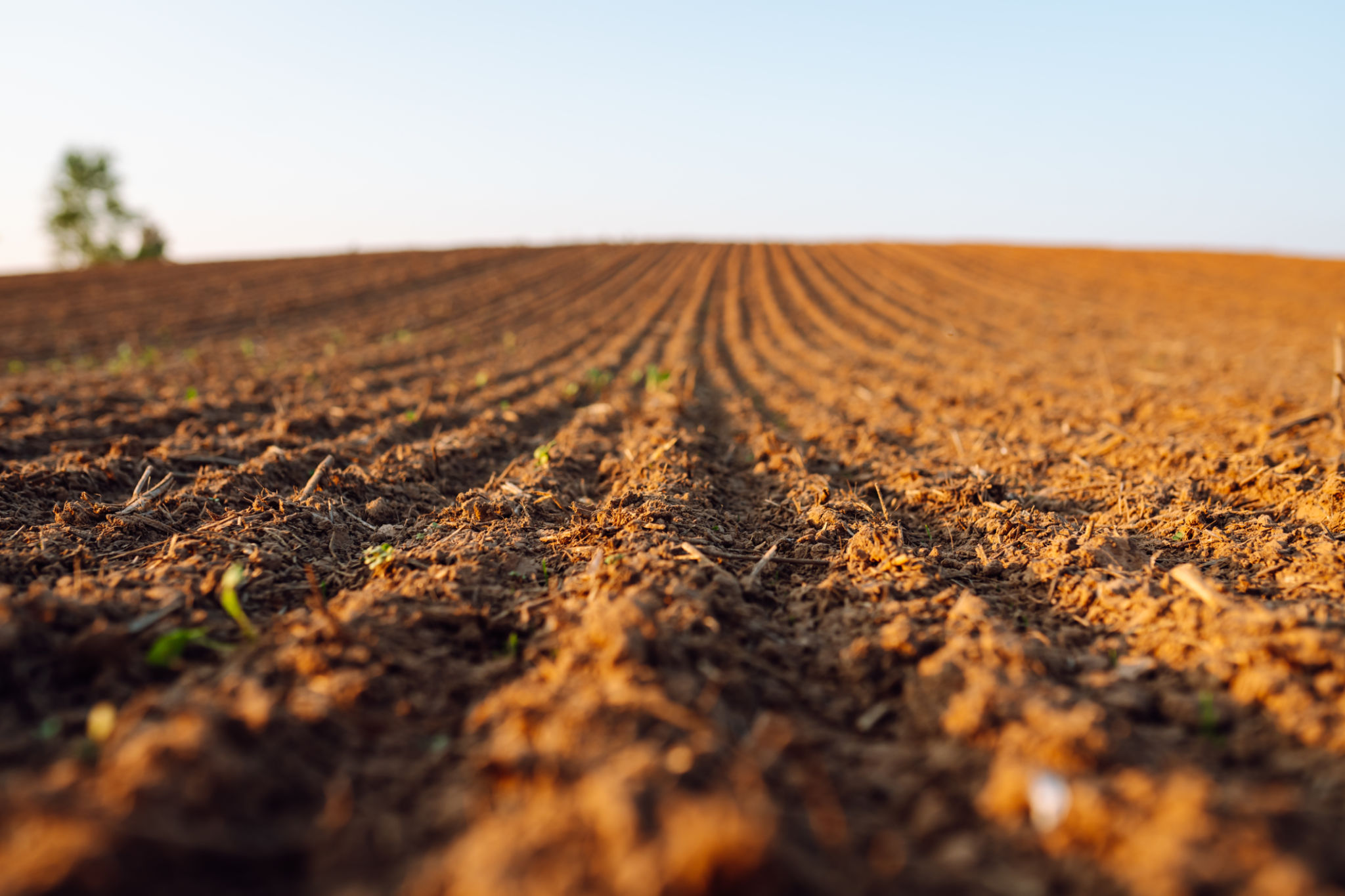Case Study: Successful Soil Recycling Projects in Victoria
Introduction to Soil Recycling
Soil recycling has emerged as a significant environmental initiative in Victoria, offering sustainable solutions to the challenges faced by construction and agricultural sectors. By reusing and repurposing soil, these projects not only reduce waste but also minimize environmental impact. In this case study, we will explore successful soil recycling projects in Victoria and their benefits.

Project Overview: Urban Development
One of the standout soil recycling projects is the urban development program in Melbourne. This initiative focuses on transforming construction waste into reusable soil for landscaping and gardening. By collaborating with local councils and construction companies, the project has successfully diverted thousands of tonnes of soil from landfills.
The process begins with the collection of excavated soil from building sites. This soil is then treated, screened, and blended to meet specific standards, making it suitable for a variety of uses. This effort not only reduces landfill dependency but also provides a cost-effective alternative for landscaping projects.
Benefits for the Community
The urban development project has brought numerous advantages to the community. By recycling soil locally, it has reduced transportation costs and emissions. Additionally, the project has created job opportunities in soil processing and quality control, contributing to the local economy.

Agricultural Applications of Recycled Soil
Beyond urban projects, soil recycling has found its place in agriculture. In regional Victoria, several farms have embraced recycled soil to improve crop yields. By integrating nutrient-rich recycled soil into their fields, farmers can enhance soil fertility without relying on chemical fertilizers.
This approach promotes sustainable farming practices and helps maintain the ecological balance. The use of recycled soil also supports biodiversity by providing a healthier growing environment for crops and beneficial organisms.
Environmental Impact
The environmental impact of these agricultural projects is profound. By reducing the use of synthetic fertilizers, these initiatives decrease the runoff of harmful chemicals into water bodies. Moreover, improved soil quality leads to better water retention, conserving this precious resource during dry spells.

Challenges and Lessons Learned
While soil recycling projects in Victoria have achieved significant success, they have not been without challenges. Issues such as contamination and inconsistent soil quality are common hurdles. However, through rigorous testing and monitoring protocols, these challenges are being effectively managed.
One key lesson learned is the importance of stakeholder collaboration. By involving local authorities, environmental agencies, and industry experts, projects can ensure compliance with regulations and maintain high standards of recycled soil quality.
Future Prospects
The future of soil recycling in Victoria looks promising. With growing awareness and technological advancements, the scope for expanding these projects is vast. Continued investment in research and development will be crucial in overcoming existing challenges and unlocking new opportunities.

In conclusion, the success of soil recycling projects in Victoria demonstrates the potential of sustainable practices in transforming waste into valuable resources. As more regions adopt similar initiatives, they contribute to a healthier environment and a more sustainable future for all.